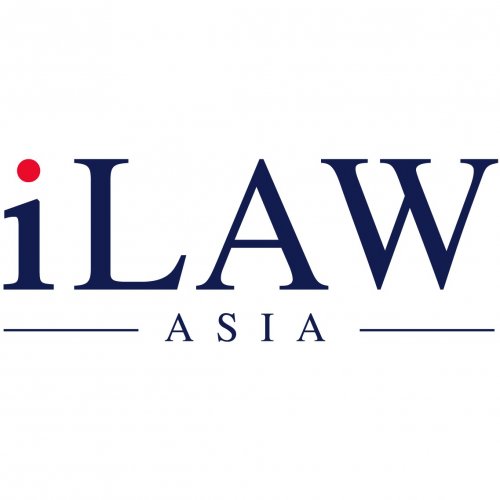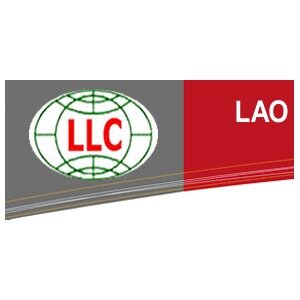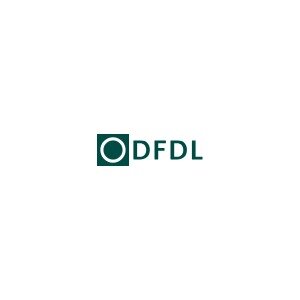Best Nonprofit & Charitable Organizations Lawyers in Vientiane
Share your needs with us, get contacted by law firms.
Free. Takes 2 min.
List of the best lawyers in Vientiane, Laos
About Nonprofit & Charitable Organizations Law in Vientiane, Laos
In Vientiane, Laos, nonprofit and charitable organizations play a crucial role in addressing social needs, providing community services, and enhancing development. These organizations typically operate under a framework established by national laws and regulations, which are designed to ensure transparency, accountability, and the effective use of resources. Organizations must register with local authorities and comply with regulations relating to financial reporting, governance, and permissible activities.
Why You May Need a Lawyer
Seeking legal advice is important for anyone involved in establishing or running a nonprofit or charitable organization in Vientiane. Legal assistance may be crucial in several situations, such as:
- The process of registering a nonprofit organization with the local authorities, which requires understanding and navigating complex regulatory requirements.
- Ensuring compliance with Lao financial and tax reporting requirements, which can be intricate and change periodically.
- Drafting bylaws and governance documents that align with local legal requirements and organizational goals.
- Handling disputes involving board members, donors, or beneficiaries.
- Advising on fundraising practices to adhere to local laws relating to public solicitation of funds.
- Guidance on labor laws and regulations concerning employees or volunteers within the organization.
- Understanding obligations and rights under international partnerships or agreements.
Local Laws Overview
Nonprofit and charitable organizations in Vientiane must adhere to specific local laws and regulations, which govern their establishment, operation, and dissolution. Some key aspects include:
- Registration: Organizations must register with the Ministry of Home Affairs and obtain permission to operate legally in the country.
- Reporting: Regular financial reports must be submitted to the relevant authorities, showcasing transparency in financial operations.
- Tax Obligations: While charitable organizations may be eligible for certain tax exemptions, they need to comply with filing requirements.
- Governance: Compliance with governance standards, such as board composition and meeting requirements, is mandatory.
- Activities: There are restrictions on the types of activities that can be undertaken, especially those that may overlap with political activities.
Frequently Asked Questions
1. How do I start a nonprofit organization in Vientiane?
To start a nonprofit in Vientiane, you must register with the Ministry of Home Affairs, draft a constitution, and demonstrate a charitable purpose.
2. Are nonprofits in Vientiane eligible for tax exemptions?
Yes, some nonprofits may qualify for tax exemptions, but specifics depend on the nature of the organization's activities and compliance with reporting regulations.
3. What is the requirement for board members in a nonprofit?
Organizations must have a board of directors who comply with local governance laws, including requirements around meetings and accountability.
4. Can a foreigner establish a nonprofit in Vientiane?
Foreigners can establish nonprofits, but they must comply with local regulations and may require liaison with local partners or advisors.
5. What types of activities are prohibited for nonprofits?
Nonprofits are generally prohibited from engaging in political activities or any activities that do not align with their charitable purposes.
6. How often do nonprofits need to file financial reports?
Reporting frequency depends on the organization's size and scope but is typically annual, with specifics provided upon registration.
7. Can a nonprofit organization conduct commercial activities?
Nonprofits can engage in limited commercial activities, but these should primarily support their charitable objectives and be aligned with legal guidelines.
8. What should be included in a nonprofit’s bylaws?
Bylaws should include governance structures, roles and responsibilities of board members, operational procedures, and conflict of interest policies.
9. How can disputes within a nonprofit be resolved?
Disputes can be resolved through mediation or arbitration, and, when necessary, legal proceedings may be initiated following local dispute resolution practices.
10. What governmental bodies govern nonprofits in Vientiane?
The Ministry of Home Affairs, along with specific departments responsible for sectors such as social welfare, oversees nonprofit regulation and compliance.
Additional Resources
For those seeking more information or assistance, the following resources may be helpful:
- Ministry of Home Affairs, Laos - oversees nonprofit registration and regulation.
- Local law firms specializing in nonprofit law can offer tailored guidance and advisory services.
- The Lao Bar Association - may provide referrals to qualified legal practitioners familiar with nonprofit law.
- International development organizations and their local branches for partnership and compliance advice.
Next Steps
If you require legal assistance, it is recommended to engage a lawyer well-versed in Lao nonprofit law. You may start by consulting with local law firms that specialize in nonprofit and charitable organization regulations. Networking with established organizations can provide practical insights into compliance and operational best practices. Additionally, attend workshops and legal seminars that focus on nonprofit operations and law specific to Laos to stay informed about any changes or updates in regulations.
Lawzana helps you find the best lawyers and law firms in Vientiane through a curated and pre-screened list of qualified legal professionals. Our platform offers rankings and detailed profiles of attorneys and law firms, allowing you to compare based on practice areas, including Nonprofit & Charitable Organizations, experience, and client feedback.
Each profile includes a description of the firm's areas of practice, client reviews, team members and partners, year of establishment, spoken languages, office locations, contact information, social media presence, and any published articles or resources. Most firms on our platform speak English and are experienced in both local and international legal matters.
Get a quote from top-rated law firms in Vientiane, Laos — quickly, securely, and without unnecessary hassle.
Disclaimer:
The information provided on this page is for general informational purposes only and does not constitute legal advice. While we strive to ensure the accuracy and relevance of the content, legal information may change over time, and interpretations of the law can vary. You should always consult with a qualified legal professional for advice specific to your situation.
We disclaim all liability for actions taken or not taken based on the content of this page. If you believe any information is incorrect or outdated, please contact us, and we will review and update it where appropriate.













